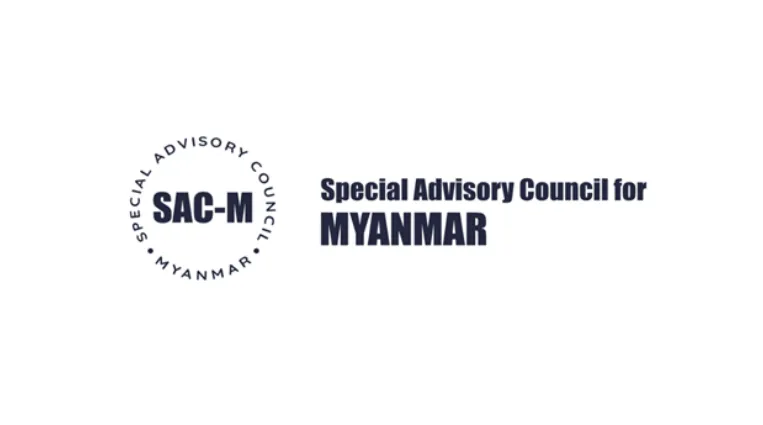BRIEFING PAPER: THE RESPONSIBILITY TO PROTECT (R2P) IN MYANMAR
01 September 2021

Since the 1 February coup d’état in Myanmar, residents of the country have requested assistance from the international community. Particularly during the early stages of the coup, many protesters carried signs calling for “R2P,” seemingly in hope of foreign military intervention.
But seven months later, the international community has still not taken collective action under the R2P principle. The United Nations Security Council in particular has not taken any significant action at all to respond to the unlawful coup and the related human rights violations by the Myanmar military.
The briefing paper by SAC-M provides background information on R2P and how it is invoked, and offers some explanation as to why there appears to have been no collective response to the calls for R2P made during the protests.
Download the briefing paper: SAC-M Briefing Paper R2P
The paper also highlights that, while foreign military intervention in Myanmar is extremely unlikely, there are other actions that can and should be taken under R2P. These include arms embargoes, targeted sanctions and promoting accountability.
Some individual States and groups of States have already taken such actions since the coup, designed to protect civilians in Myanmar. SAC-M has called upon States to expand and strengthen these actions, through an international “three cuts” strategy:
- Cut the weapons supply to the Tatmadaw;
- Cut the cash supply to the Tatmadaw; and
- Cut the impunity of the Tatmadaw.
Finally, the briefing paper also explores suggestions for people wanting to call on the international community to do more to protect the people of Myanmar, including by invoking R2P.
Download the briefing paper: SAC-M Briefing Paper R2P
Announcements
21 May 2025
Open letter: Malaysia must lead ASEAN with principle, not hypocrisy, to address the Myanmar crisis

Progressive Voice is a participatory rights-based policy research and advocacy organization rooted in civil society, that maintains strong networks and relationships with grassroots organizations and community-based organizations throughout Myanmar. It acts as a bridge to the international community and international policymakers by amplifying voices from the ground, and advocating for a rights-based policy narrative.